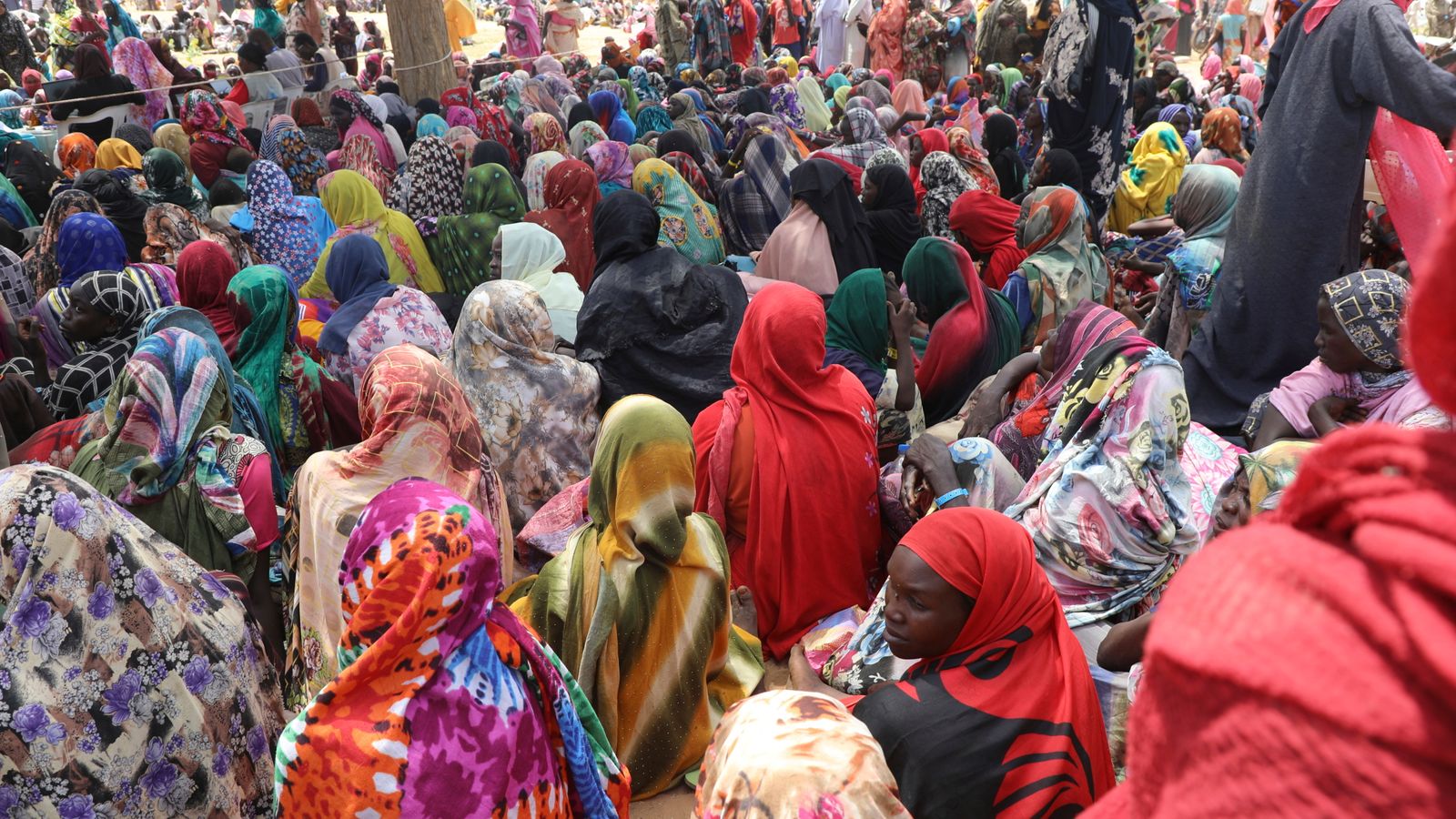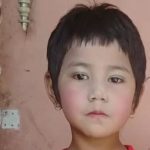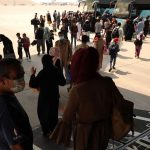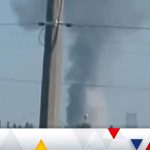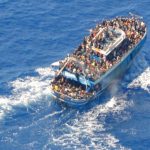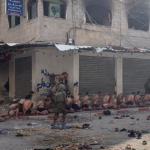A critical holdout and humanitarian hub in central Sudan’s al Jazira state has fallen to the militia terrorising civilians in their fight for territorial control of the country.
The International Organisation for Migration (IOM) says at least 250,000 to 300,000 people have fled the state since the militia advanced on its capital Wad Madani on Friday.
Calls are mounting for the commander in chief of the Sudan Armed Forces Abdelfattah Burhan to be replaced after reports that the army and police fled their positions, leaving the city to a violent fate.
Video circulating on social media shows dozens of orphaned babies screaming in a tight room in a Wad Madani care home as panicked carers scrambled to soothe them. Their peace had been disturbed by days of bullet sounds, airstrikes, shelling and citywide panic.
The city was captured by the Rapid Support Forces (RSF) as they cried – the Janjaweed militia notorious for razing Darfur to the ground.
The army and police were missing in action in the wake of their defeat – as the RSF carried out the mass looting and harassment it is known for.
Women living in Wad Madani shared their fear of rape at the hands of the militia online.
‘We can hear the bullets’: Sudan’s ‘sanctuary’ city at risk of ‘catastrophe’ as fighting intensifies
Army bases fall to RSF in Sudan forcing thousands to flee – as harrowing details of sieges emerge
Sudan’s escalating conflict sees Khartoum descend into chaos
RSF stands accused of using mass rape as a weapon of war in Darfur and Khartoum. Some reports of rape emerged just hours after they captured the city.
Tens of thousands have fled Wad Madani city since the advance started on Friday.
Those who remain are the most vulnerable.
Please use Chrome browser for a more accessible video player
Read more: Mass graves in West Darfur’s capital haunt remaining residents
“The situation is extremely dire after this battle in Wad Madani and all those in positions of authority have fled and taken their children – except us the sacrifices of this country. Where is the governor? Where is the Minister? Where are the child services?” says Radwan Abdeljabar in the online video, on behalf of the care home housing the orphaned infants.
He is visibly disturbed and rocking as he makes an urgent public appeal for help in a spiralling power vacuum
“In this home, I have 202 infants. Half of them have special needs, physical disabilities and devices attached to their heads. What happened in Khartoum, I do not want to happen here,” he says.
The babies were evacuated from the al Maygoma Orphanage in Khartoum on 7 June after being trapped in the crossfire for 50 days. At least 50 babies were reported to have died from the conflict conditions before the evacuation took place.
It was an arduous effort to navigate besieged areas of Khartoum and travel nearly four hours to Wad Madani.
“It took us weeks to prepare for the movement of children from Maygoma to Madani transit centre. I was informed that there were 46 critical care children arriving on the buses. I organised health teams to be on standby to manage the emergency cases and referrals,” UNICEF health officer, Mutwali Adam Mohammed said at the time of the evacuation.
Please use Chrome browser for a more accessible video player
Now, their place of refuge is another battleground. A critical holdout in this war, Wad Madani was a sanctuary city and a humanitarian hub for at least half a million people who fled the armed violence in Khartoum to al Jazira state.
Many of them were sick and elderly, evacuated from Khartoum’s hospitals and care homes.
The United Nations (UN) has ceased all humanitarian missions in the al Jazira state and most of Wad Madani’s hospitals have now evacuated their patients. In a nearby town of Rufa’a, the RSF were documented raiding a hospital and killing two medical staff.
“I ask all organisations and all people charged with this work to intervene at the earliest and stand with us to create a state of protection,” says Radwan in his video appeal.
“No one feels our pain,” he adds, as he breaks down into tears.
“We are victims of this state and this war. We have nothing to do with war or politics.”
